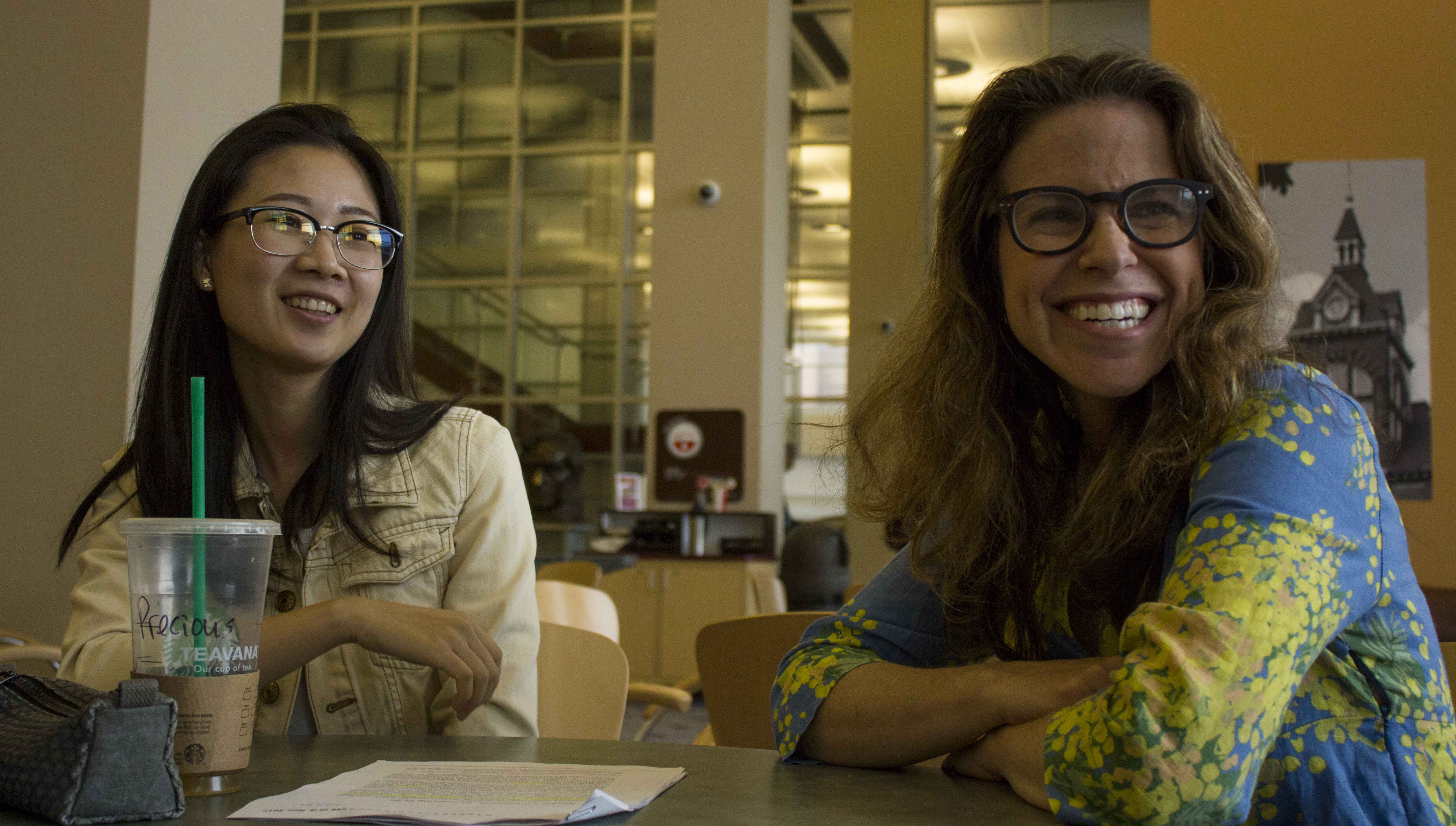I teach history at the University of Alabama at Birmingham. Prior to my arrival at UAB, I was a professor for nearly two decades at Southern Illinois University in Carbondale, where I taught courses in modern U.S. history, the US and the World, the histories of women, gender, and the family, Modern Lesbian and Gay History, and American Studies. Throughout my career, I have been moved by my students, who often arrive at the university against the cumulative odds created by poverty, geographical isolation, and underfunded public schooling. Their passion for history, their commitment to education, and their basic decency have been an inspiration.

As an educator, I see my most urgent charge as to endow my students with a sense of belonging. I aim to create a classroom in which each of my students can say: “I belong here.” At a time when public education is under assault, instilling this sense of entitlement in my students feels like a radical act. So many contemporary forces are conspiring to do the opposite: to remake the humanities into the sole provenance of the elites and to transform state universities into vocational training grounds. I see my task as a teacher as one of beating back against these currents. Sometimes, it feels like a losing battle. What to do about a senior who never learned to write? While I cannot undo sixteen years of neglect in sixteen weeks, I can help her to see that her limitations are not her fault.
My students are living the history that I chart in my classes: the unending war on terror; the sharpening divide between urban metropolises fueled by finance and high-tech and rural regions limping along after decades of divestment; a racial regime in which mass incarceration has displaced Jim Crow segregation; and the rise of a service-based, low-wage economy that hobbles so many working class families. In my courses, I use historical narrative to pull back the curtain on the larger political, economic, and cultural constraints bearing down on my students, and to convey to them that it is these constraints—rather than personal failure—that structure their lives and determine certain outcomes.
To learn more about my teaching or to request a course syllabus, please email me at [email protected].